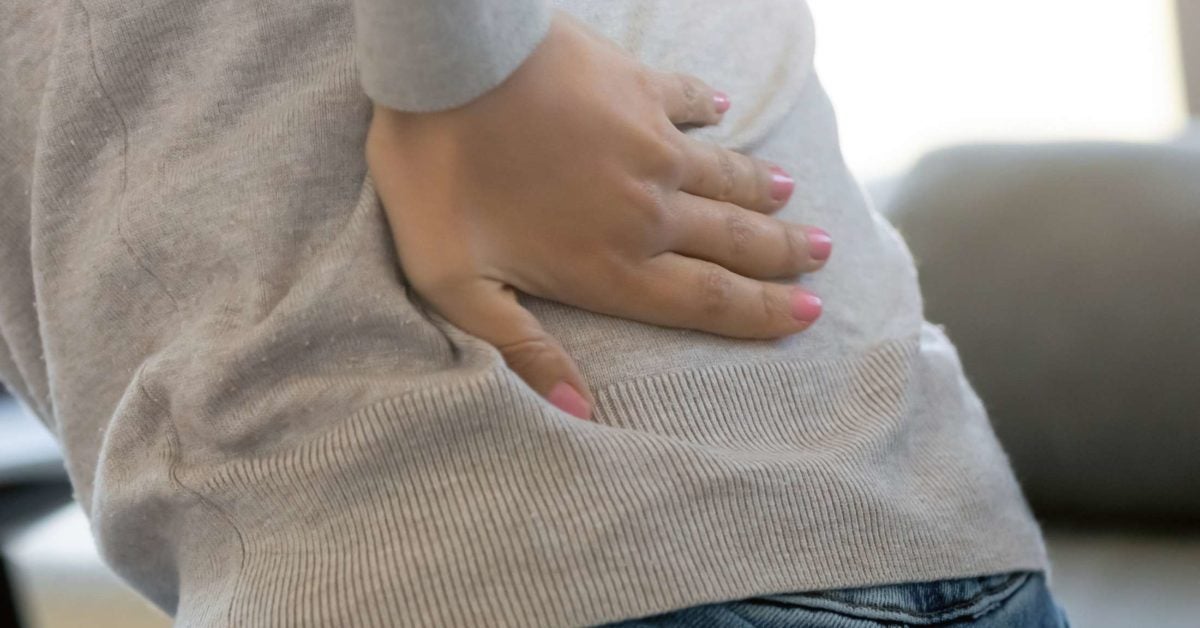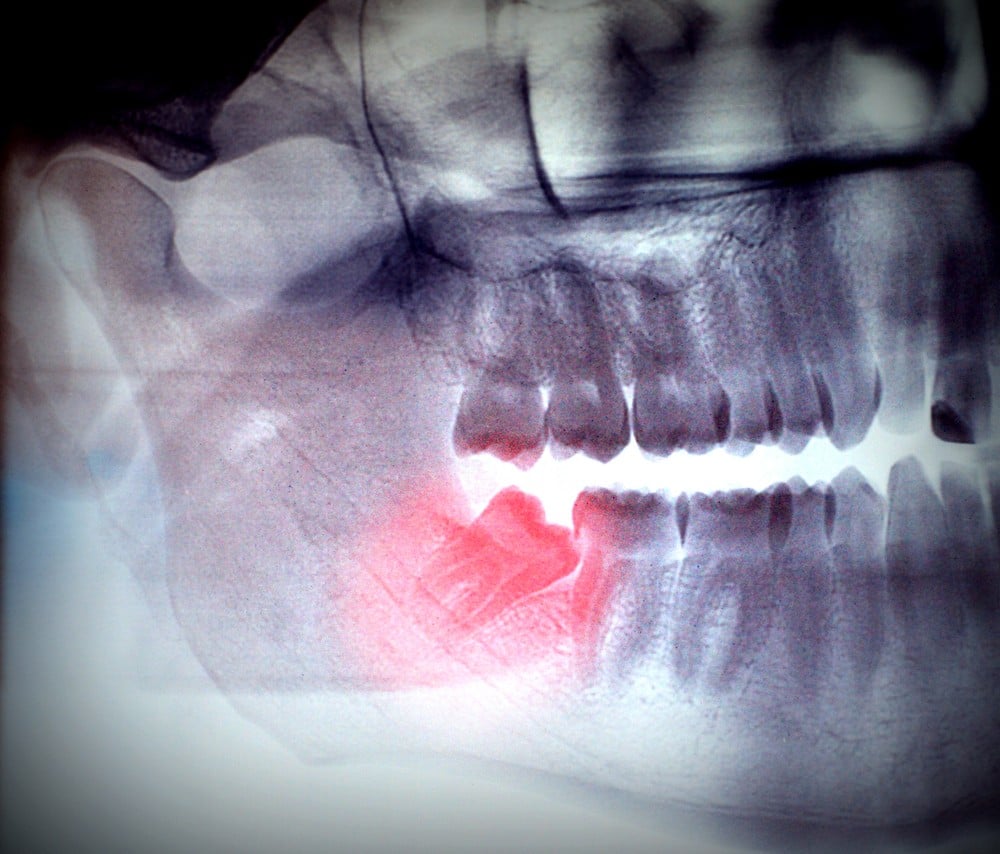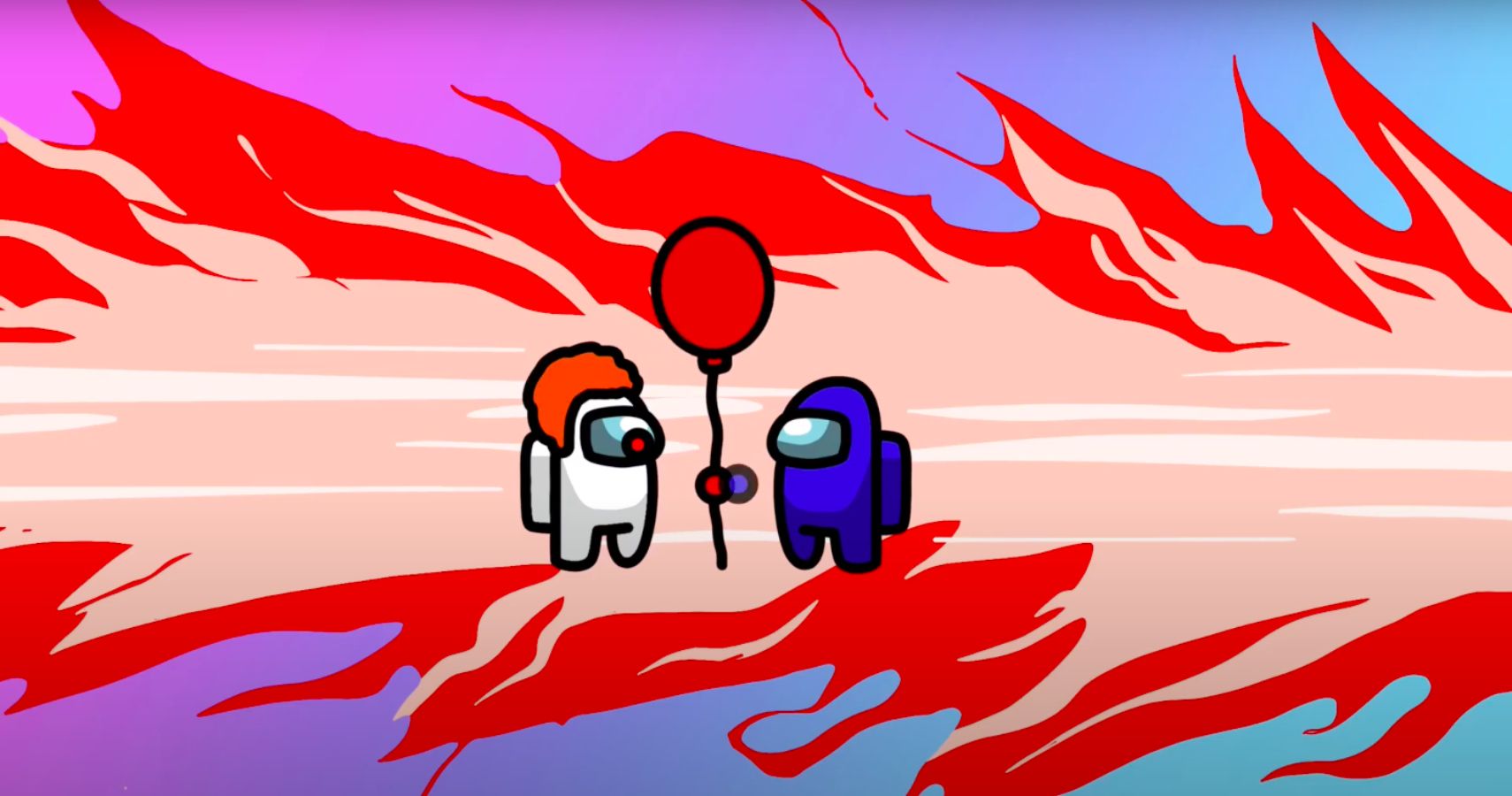If your child often has a sore throat, trouble swallowing, and ear pain, she may need to have her tonsils removed. The tonsils are small, dimpled, golf ball-like nodes on either side of the back of your child's throat. They normally filter out bacteria and other germs to prevent infection in the body.
If the tonsils become so overwhelmed with bacteria from strep throat or a viral infection, they can swell and become inflamed, causing tonsillitis. Before the procedure, your child's doctor may ask your child to have blood tests or a physical examination. You should tell your doctor what drugs your child is taking, or any vitamins you have bought without a prescription.
The surgeon will insert a small tool into your child's mouth to prop it open. The doctor will control bleeding, and the cuts will heal naturally without stitches. Your child will probably go home the same day as surgery. During the first week or so, your child should avoid people who are sick so she doesn't become infected easily. Have your child gently gargle often with baking soda mixed with water. Soft foods and cool drinks will make her throat feel better too.
Tonsillectomy is one of the most common reasons children have surgery. Your child can look forward to a steady diet of pudding, ice cream, and other soft and fun foods, until they feel better. And your child can hopefully look forward to fewer sore throats and ear infections in the future. Now that your child's had a tonsillectomy or adenoidectomy what do you do when you go home? I'm Dr. Alan Greene and I want to give you some tips for going home with a child who's just had surgery.
So plan a pretty easy week or maybe 2 weeks after the surgery. When it comes to diet one of the most important things is getting plenty to drink. So you want lots of popsicles, fluids, juices, but avoid real citrusy or acidic juices. You also want foods that are soft going down and not crunchy or spicy.
I still remember sherbet after my tonsillectomy when I was 4-years-old, it was wonderful. Pasta can be good, mashed potatoes, you want to avoid though toast. Toast is great after a tummy ache perhaps, but it can be really scratchy on the raw throat after a tonsillectomy. Now your doctor may have prescribed some medication, perhaps some for pain and perhaps some antibiotics and those should be taken regularly as prescribed.
And you want to make sure and call your physician if the pain is severe and is not relieved by the pain medications that were given to you. A little oozing afterwards is normal, but if there's a lot of bleeding it should be looked into. Or if there's real difficulty swallowing even those mashed foods or any difficulty breathing would be reasons to get back in touch with the doctor. Healing varies, but it generally takes days to heal completely, and some people may take longer.
It is essential that you drink plenty of fluids as you heal, even though it can be tough with the sore throat. Drink plenty of water and indulge in popsicles to start with. Until the pain dissipates stick with plain, easy-to-swallow foods, such as applesauce for example. Graduate to pudding, yogurts, and frozen yogurt or ice cream until you are able to resume a healthy, normal diet. Even after a minor surgery, you need plenty of rest, avoid hard exercise for about to weeks that can cause you to breathe hard, making the throat raw. Once you do not require pain medication and can sleep through the night, your normal physical routines can continue.
When your child is having surgery it feels like a big deal. I'm Dr. Alan Greene and I want to talk to you about how to prepare for tonsillectomy and adenoidectomy. And that means getting your questions answered beforehand.
And in particular, the question I hear the most from parents is concern about the anesthesia. And that comes often from anesthesia risks that happened back when we were children. The problem was there weren't ways to monitor whether kids were getting enough oxygen to the brain or not.
But since those monitors were developed about 20 years or so ago now, anesthesia has become incredibly safe - in fact, often safer than driving to the hospital. Now there other things that are important to do to prepare. First is to remember to take notice if your doctor has ordered any lab tests before the surgery. Perhaps blood tests, perhaps urine tests, maybe nothing was needed. But if it was, you want to make sure you've gotten it done before you end up going to the hospital. The second thing are instructions should've been given to you about when is the last time your child could eat or drink before heading to the hospital.
Often it'll be midnight the night before, but whatever you were told be sure to take note of that and really don't cheat on this one. Whatever medications that your child is taking, prescribed medicines, over-the-counter medicines, need to be taken into account. Next thing that's important, number 4, is to help your child select a favorite toy or stuffed animal, action figure to bring with them to the hospital. This little dog here or something that's comforting for them to have with them along the way. And it's a great idea before the whole thing depending on the age and temperament of your child to act out the whole scenario using their favorite toy.
Can't eat or drink anything after midnight - every step of it you go through. They're a little bit scared and they find out everything is fine and it worked out great and they get some ice cream afterwards and the problem is all gone. But to work it through with them so they get the story and it also helps you feel more prepared. I also suggest giving children something specific and fun to look forward to shortly after the surgery.
It might be something as simple as a trip to the movies together or a trip to get ice cream but something that they can focus on. And it's good to choose comfortable clothes when you go to the hospital, things that are easy on, easy off. Although you may want some pictures of this cause it is a kind of historic moment.
Most parents are really glad afterwards that the surgery has been done. Full recovery from a tonsillectomy and adenoidectomy typically takes about one to two weeks. During that time, it's important for your child to drink a lot of fluids, eat soothing and soft foods, such as ice cream and pudding, and avoid any rough playing. Your doctor will probably suggest pain medication to ease any discomfort during the first few days.
Your child should also completely avoid anyone who is sick for at least the first week because it is easier to develop an infection during that time. The tonsils and adenoids are masses of immune cells commonly found in lymph glands . These tissues are located in the mouth and behind the nasal passages, respectively. Infected adenoids may become enlarged, obstruct breathing, cause ear infections, or other problems. Tonsillectomy and adenoidectomy are surgical procedures performed to remove the tonsils and adenoids. Tonsils that only get infected every once in awhile do not require any serious treatment and you can typically just ride it out.
Once you have had the tonsils removed following surgery, you will not be inflicted with tonsillitis anymore. Additionally, removing the tonsils with surgery will also help people suffering from constant swollen tonsils and sleep apnea as other issues sleeping. Today, we atENT Specialistswould like to discuss the surgical experience and what you can expect. It is performed by an ears, nose, and throat surgeon in the operating room while the patient is under general anesthesia. The goal of surgery is to remove the tissue so that it won't continue to cause problems from infections or enlargement. The tonsil is removed from a pocket leaving a small raw area which heals over 1-2 weeks.
The area remains very sensitive and mild to severe pain is typical for 10 to 14 days. The tonsil may be removed by itself or at the same time as the adenoids. Adenoidectomy is uncommon in adults but if any concerns are present the adenoid tissue may be removed also.
A tonsillectomy is the surgical removal of the tonsils, the two pads located at either side of the back of the throat. The tonsils serve as part of the immune system, a first line of defense for pathogens entering the mouth or nose. Because of their function, they may become infected or inflamed and, in some cases, may require surgical removal.
Tonsillectomies are more commonly performed on children than adults. A tonsillectomy may be necessary when an individual has recurring episodes of tonsillitis or an ongoing infection that has not healed with other treatment. Surgery may also be required if enlarged tonsils block airways, leading to sleep apnea, swallowing problems or difficulty eating. Rarely, a tonsillectomy may be performed to treat a malignancy of the tonsils. The inflammation results in sore throat, difficulty and pain with swallowing, fever and frequently changes of the appearance of the tonsils.
It can be cause by viral and bacterial infections and the majority will resolve with time, even without antibiotic treatment. When tonsils are infected with a type of bacteria known as Group A Strep, antibiotics are given to prevent complications of the heart and kidneys. When infections occur frequently or are more severe or chronic in nature surgery to remove the tonsils and adenoids may be beneficial. It is normal for your child to have a sore throat, ear pain, bad breath, voice changes and white patches in the throat after their surgery. These problems can happen for up to two weeks after tonsils and adenoids are removed.
Tonsillitis Tonsillitis is a contagious infection with symptoms of bad breath, snoring, congestion, headache, hoarseness, laryngitis, and coughing up blood. Tonsillitis can be caused acute infection of the tonsils, and several types of bacteria or viruses . There are two types of tonsillitis, acute and chronic. Acute tonsillitis lasts from one to two weeks while chronic tonsillitis can last from months to years. Medical conditions known as tonsillitis and adenoiditis are the primary reasons your child might need to have tonsils and adenoids removed. The typical symptoms of tonsillitis are a sore throat, fever, headaches, a decrease in appetite, painful swallowing, and redness of the throat.
Symptoms of adenoiditis are noisy breathing or breathing through the mouth, snoring, nasal speech, or halted breathing at times during the night. If you have a sore throat or earache, you should take the painkillers that will be prescribed at the hospital. Make sure you follow the instructions on the packaging.
Taking a dose half an hour before meals may help to make eating more comfortable. Please take these as recommended, remembering to complete the whole course, even if you feel completely well. You should stay at home for seven to 14 days after the operation. Where possible, avoid contact with people who have colds, coughs or other infections.
You should also avoid strenuous activities during this time. After a few days, scabs will form where the incisions were in the mouth. The doctor may prescribe painkillers to help relieve rawness and soreness in the patient's throat. It is imperative to drink lots of ice water and cold fluids after tonsil removal, but avoid drinking through straws, as it may be difficult. Eating soft foods and ice pops may help avoid irritation in the area.
If the patient loses weight, they should try drinking nutritional beverages to add some calories to their diet. ACTIVITY -It is advisable to rest at home for the first 48 hours. The more you move around, the sooner you will start to feel better.
Activity may be increased slowly, with a return to work after normal eating and drinking resumes, and pain medication is no longer required. Travel on airplanes or far away from a medical facility is not recommended for two weeks following surgery. Vigorous physical activity should be avoided for 14 days following tonsil surgery.
During laser ablation, a handheld laser device uses carbon dioxide to cut and destroy the tonsillar tissue. This technique reduces tonsil volume and eliminates recesses that collect recurrent infectious bacteria. This procedure is recommended for chronic sufferers of tonsillitis, chronic sore throats, severe halitosis, or airway obstruction caused by enlarged tonsils. The laser tonsil ablation is performed in 15 to 20 minutes under local anesthesia. The patient may experience minimal discomfort and may return to school or work the next day. You should be able to eat and drink as you normally would a day after the operation.
A healthy, balanced diet will help your wound to heal and prevent an infection. Eating foods like toast, biscuits and crisps will help keep the area where the tonsils were removed clean. It is best to give pain relief half an hour before meals to help make eating and drinking more comfortable. Most children take 7 to 10 days to recover from a typical total tonsillectomy.
Pain can be controlled with over-the-counter medications and sometimes requires narcotics. Partial tonsillectomy patients recover much faster and almost never require narcotics. Other post-operative issues are typically minimal; a patient may experience bad breath or a sore throat for about a week.




























No comments:
Post a Comment
Note: Only a member of this blog may post a comment.